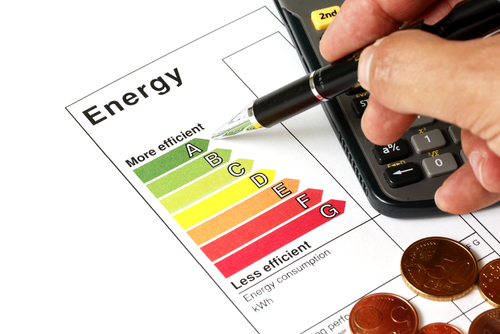Propertymark, the letting agents’ trade body, has issued this guidance for agents to pass to landlords.
It coincides with Gas Safety Week, which continues until September 18.
Maintain any Pipework, Appliances and Flues

Propertymark, the letting agents’ trade body, has issued this guidance for agents to pass to landlords.
It coincides with Gas Safety Week, which continues until September 18.
Maintain any Pipework, Appliances and Flues
It is your responsibility to make sure that any gas pipework in the property is maintained and kept in a safe condition. Regular inspections will highlight any repairs you need to make.
To minimise disruption it is good practice for an engineer to inspect and test the pipework between tenancies.
It’s worth noting that installation pipework is not covered by the annual gas safety check, so ask your engineer to carry out a tightness test on the gas system and visually examine the pipework for any defects.
Before you let your property you need to make sure that all the gas equipment—including any appliances left by a previous tenant—are safe. If this is not the case, make sure you get it fixed or removed before a new tenant moves in.
-
Keep a gas safety record
A record of the annual safety check will be issued by the Gas Safe registered engineer. You must give a copy of the record to your tenant within 28 days of the check being completed, or to a new tenant at the start of their tenancy.
You will need to retain copies for at least two years. You can keep your records electronically provided you can issue a hard copy if requested, they're secure from loss and interference and clearly identify the engineer who issued the record.
-
Danger, do not use warnings
Since January 2013, flues that remove fumes from a room sealed, fan-assisted boiler which are concealed in a void, (e.g. in a ceiling, behind a wall or within boxing) must have suitably sized inspection hatches installed so that the entire length of the flue can be inspected by a Gas Safe registered engineer.
If a flue is inaccessible, or the hatches are not positioned correctly or of adequate size to allow the entire flue to be inspected, the engineer will classify the appliance as ‘at risk' and apply a ‘Danger safety warning do not use’ label to the appliance.
If an engineer has turned an appliance off and issued a warning notice, the appliance must not be turned on under any circumstances. The ‘Do not use’ sticker must not be removed until an engineer has rectified the defects—your tenant has a duty not to use the appliance.
If a heating appliance has been disconnected, you must provide your tenants with emergency heating whilst arranging for appropriate remedial work to be done.
-
Issues gaining access
The tenancy agreement should specify that access must be granted for maintenance or safety checks to be carried out but you must not use force to enter the property.
If your tenant is refusing access, you must keep a record of all the reasonable action you have taken to comply with the law.
Make sure you can provide evidence of repeated attempts to carry out the safety check by writing to your tenant and explaining that a safety check is a legal requirement in place for their own safety.
Landlords or their agents are responsible for making sure all gas appliances, including the installation of pipe or flues, are maintained in a safe condition throughout the entire time the property is occupied, and must have an annual gas safety check carried out on gas appliances and related gas flues which they provide to tenants.
This work must be performed by a Gas Safe Registered Engineer, and once the check has been performed the landlord will receive a copy of the Gas Safety Certificate (or CP12 as it is often referred to) from the engineer. Failure to comply with these requirements may mean a property may not be safe to live in, and it is essential to ensure the property is gas safe.
A Gas Safety Register statement says: “Before any gas work is carried out always check the engineer is qualified to carry out the work that needs doing e.g., natural gas, domestic boiler.
“You can find this information on the Gas Safe Register website or by checking the back of the engineer’s Gas Safe ID card. Encourage your tenants to also check the card when the engineer arrives at the property, and to be aware of any warning signs that their gas appliance is working incorrectly, such as dark or sooty staining, excess condensation and pilot lights which frequently blow out.”
Join the conversation
Be the first to comment (please use the comment box below)
Please login to comment